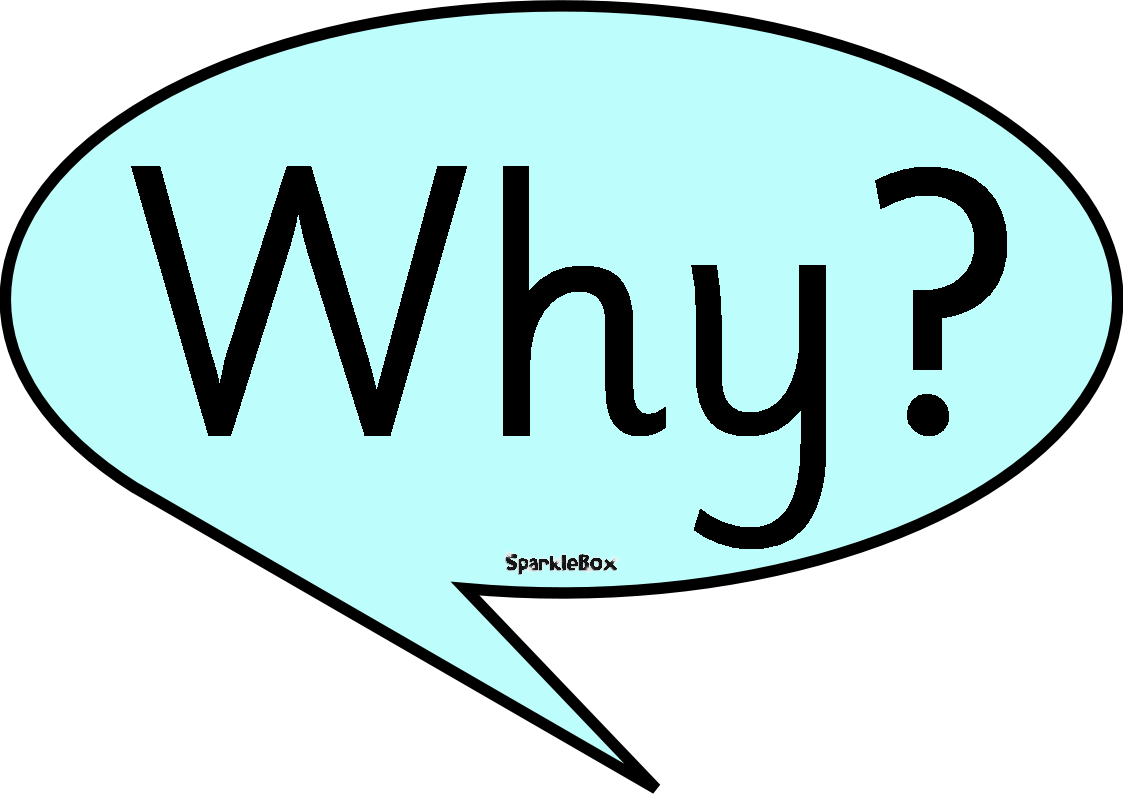Discover the Power of Branded Entertainment: Real-World Examples and How to Leverage Them
Introduction: Understanding Branded Entertainment
Branded entertainment, sometimes known as branded content or entertainment marketing, is an innovative strategy where brands create or sponsor engaging entertainment content that subtly integrates their products or values. This approach goes beyond traditional advertising by focusing on storytelling and audience engagement, making the brand part of an entertaining experience rather than an interruption. The ultimate goal is to build a deeper connection with consumers, increase brand awareness, and foster loyalty through memorable, value-driven content.
[1]
What Qualifies as Branded Entertainment?
Branded entertainment can take various forms, including movies, TV shows, web series, music videos, podcasts, live events, and even interactive digital content. The defining characteristic is that the brand is woven into the storyline or experience rather than being featured only as a sponsor or through product placement. This integration should feel natural and add value to the viewer, ensuring the audience is entertained while also receiving the brand’s message.
[2]
Leading Examples of Branded Entertainment
The Lego Movie: A Cinematic Masterclass in Brand Integration
One of the most widely cited examples of branded entertainment is
The Lego Movie
. This feature film was essentially a full-length commercial for Lego products, but its witty script, engaging animation, and universal appeal made it a global box-office hit. The film not only entertained millions but also revitalized Lego’s brand worldwide, resulting in significant sales growth and follow-up projects like The Lego Batman Movie. The movie’s success is a testament to how entertainment-driven brand storytelling can deliver massive commercial returns while captivating audiences.
[1]
[2]
How to Access Similar Opportunities: Brands interested in such large-scale initiatives should collaborate with creative studios, animation companies, or independent filmmakers. Begin by outlining your brand’s core values and exploring how these can be translated into a compelling narrative. For smaller brands, consider partnering with local filmmakers or digital creators to produce short films or web series that highlight your brand’s story.

Source: philfilmrhodes.blogspot.com
Nike’s Storytelling Campaigns: Building Emotional Resonance
Nike has long been recognized for its mastery of branded entertainment through sports documentaries, inspirational commercials, and digital platforms like the Nike Run Club app. Instead of focusing solely on products, Nike’s campaigns tell stories of perseverance, athleticism, and personal achievement, often featuring real athletes. These narratives position Nike as more than just a sportswear company-they embody the spirit of athletic pursuit.
[1]
[3]
Implementing Similar Campaigns: To emulate Nike’s approach, start by identifying the real-life stories within your brand community. Collaborate with influencers, athletes, or passionate customers to co-create content that reflects your brand’s ethos. This can be achieved through mini-documentaries, social media takeovers, or user-generated content campaigns.
McDonald’s “Summer Scoop” on 4Music: Integrating Brand and Pop Culture
McDonald’s took branded entertainment to a new level by launching “Summer Scoop,” a music and pop culture show designed to promote the McFlurry dessert. Broadcast on 4Music in collaboration with Box TV, the show featured music interviews and celebrity appearances, seamlessly weaving the McDonald’s brand into content that young, music-loving consumers naturally enjoyed. This strategy helped position the McFlurry as a fun, must-have summer treat while building positive associations with the brand.
[3]
Steps for Similar Integration: Brands can create their own entertainment shows or partner with existing platforms that align with their target audience. Start by researching relevant media channels, then pitch a concept that positions your product as an integral part of the entertainment. Consider collaborating with musicians, artists, or content creators who resonate with your core demographic.
The Brooklyn Coffee Shop Series: Episodic, Relatable Content
The fictional “Brooklyn Coffee Shop” is an example of how smaller brands can create episodic, shareable entertainment that builds community and brand affinity. Through humorous Instagram episodes, the series depicted everyday coffee shop chaos, integrating branded elements like drinks and merchandise into the background. This approach fostered a loyal online following and showcased how even modest productions can achieve authentic branded entertainment.
[4]
Creating Your Own Series: If you have a physical location or a distinctive brand culture, consider producing short-form video content for social media. Use recurring characters or themes to encourage repeat engagement, and ensure your brand appears as a natural part of the storyline rather than the main focus. Encourage audience participation through comments or fan-submitted stories.
How to Access and Implement Branded Entertainment
Brands interested in leveraging branded entertainment can take several paths:

Source: ru.wikipedia.org
- Partner with Content Creators: Reach out to filmmakers, musicians, influencers, or digital creators who already have an established audience. Discuss collaborative projects where your brand can be integrated into their content naturally.
- Develop Original Content: If resources allow, create your own entertainment series, short film, or event. Focus on storytelling, character development, and themes that align with your brand’s values.
- Collaborate with Media Platforms: Explore partnerships with TV networks, streaming platforms, or popular YouTube channels to co-produce branded segments or episodes.
- Utilize Social Media: Platforms like Instagram, TikTok, and YouTube are ideal for launching low-budget branded entertainment. Experiment with episodic content, live streams, or interactive challenges.
For actionable guidance, consider searching for marketing agencies specializing in branded entertainment or consulting with experienced content producers. You can also look for conferences or webinars on entertainment marketing trends for up-to-date strategies and networking opportunities.
Potential Challenges and Solutions
While branded entertainment offers significant advantages, it does come with challenges:
- High Production Costs: Developing feature-length films or professionally produced series may be cost-prohibitive. Solution: Start with short-form or digital content, or partner with established creators to share costs.
- Audience Skepticism: Some viewers may be wary of overt branding. Solution: Prioritize authentic storytelling and ensure the brand’s integration feels organic rather than forced.
- Measuring ROI: The impact of branded entertainment can be hard to quantify. Solution: Define clear objectives (brand awareness, engagement, sales) and use analytics tools to track campaign performance.
- Creative Alignment: Ensuring your entertainment content aligns with your brand’s core message can be complex. Solution: Develop a creative brief that outlines your brand’s values, goals, and target audience, and stick to it throughout the production process.
Alternative Approaches to Branded Entertainment
Not every brand needs a blockbuster film or a high-profile TV show. Alternative approaches include:
- Podcast Sponsorships: Sponsor or produce an engaging podcast series that aligns with your audience’s interests.
- Branded Web Comics or Graphic Novels: Collaborate with artists to create digital comics that subtly feature your products or brand values.
- Interactive Online Experiences: Develop branded games, quizzes, or interactive storytelling experiences.
- Live Events: Host or sponsor entertaining live events, workshops, or competitions that reflect your brand’s personality.
To get started, research successful examples in your industry, reach out to creative professionals, and brainstorm unique ways your brand can add value through entertainment.
Key Takeaways
Branded entertainment is a powerful tool for building lasting relationships with your audience. Whether you’re a global brand or a small business, the key is to focus on authentic storytelling, audience engagement, and seamless brand integration. By learning from industry leaders like Lego, Nike, McDonald’s, and innovative digital creators, you can craft your own branded entertainment strategy that entertains, informs, and inspires.



